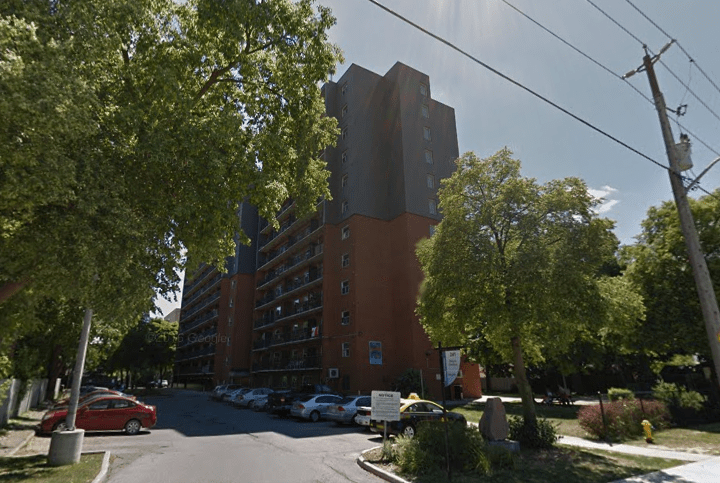While the new provincial government officially began the process to scrap cap-and-trade a week ago, the full impact of that decision in London is slowly being revealed.

The cancellation of cap-and-trade means the cancellation of programs funded by its revenue, including the Social Housing Apartment Improvement Program (SHAIP) and the GreenON Social Housing Program, which were supposed to fund roughly $9 million in retrofits to London’s current social housing stock.
Speaking on The Craig Needles Show on Global News Radio 980 CFPL, councillor and mayoral candidate Tanya Park said the city was counting on that funding.

Get daily National news
“Our social housing stock is currently facing a $200-million deficit when it comes to just bringing the current buildings up to snuff. That doesn’t talk about the actual need for new social housing units; we have wait lists in London that are years.”
The funding cut covers the next four years as the government has confirmed that funding for 2017-18 is secured. Park said that money would have gone toward upgrades to help decrease utility costs, which currently eat up a large portion of the London Middlesex Housing Corp.’s (LMHC) budget.
“With our large-scale apartment buildings, most of them were built in the ’60s and ’70s,” Park explained.
“This program was developed to decrease utility costs. When social housing providers, like LMHC, have that huge budget line for utilities, that means they have less to invest in fixing up their buildings.”
Earlier this week, the government announced it would scrap the province’s basic income pilot project and reduce planned welfare increases before introducing a revamped social assistance system in November.
When asked if it’s possible that municipal taxes are increased to offset the funding loss, Park said she looks forward to hearing what the new provincial government will be coming forward with.
“Successive councils will have to make tough decisions depending on that information. … But I think that all the information is out there for them to make all the right decisions.”
- 3 in 10 Albertans would vote for independence — but only half committed to separating: poll
- Public sector unions say nearly 10K employees got layoff notices this week
- Bessent says an independent Alberta would be ‘natural partner’ for U.S.
- ‘No standing back’ in Afghanistan, minister says after Trump NATO comments












Comments